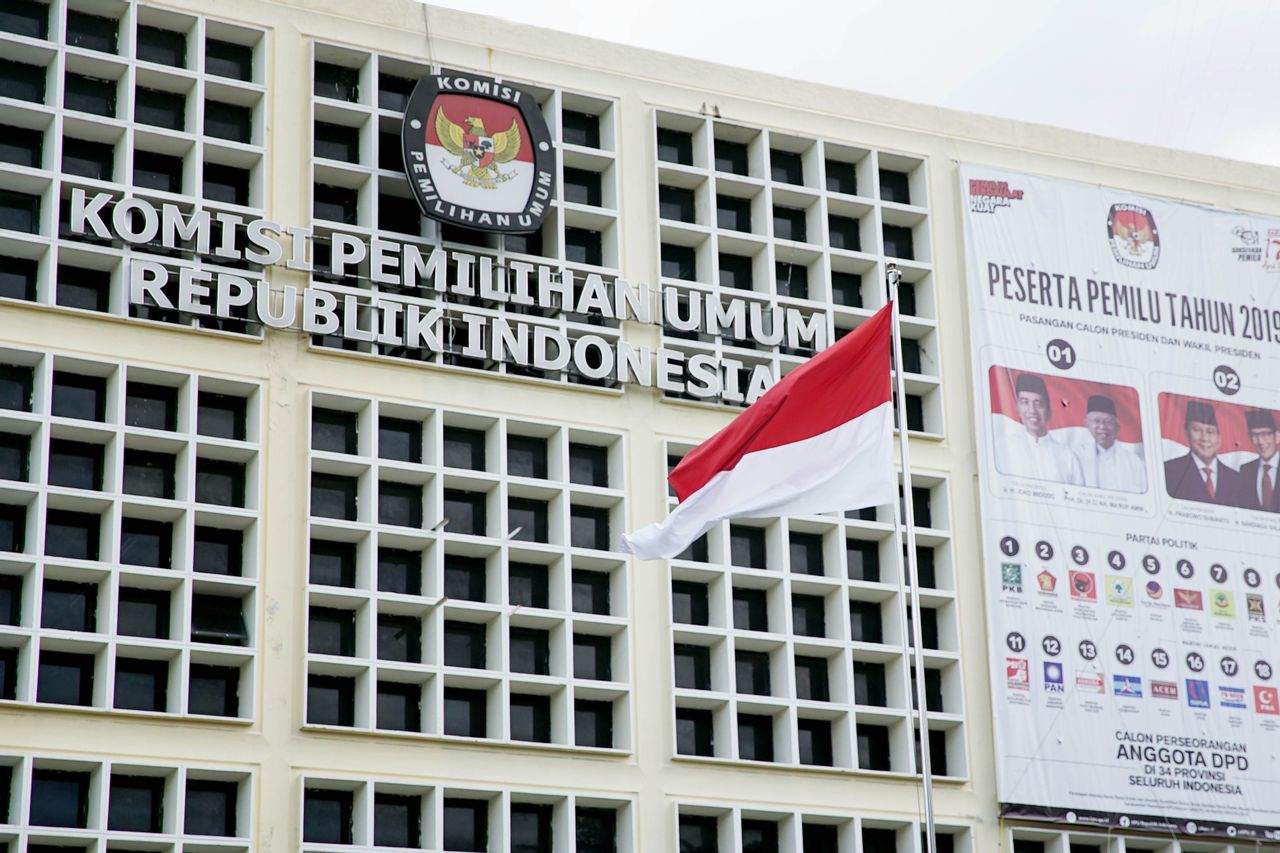After The Regional Head, KPU Commissioner Turns To Become The Target Of The KPK's Silent Operation

JAKARTA - After conducting an arrest operation (OTT) against Sidoarjo Regent Saiful Ilah, the Corruption Eradication Commission (KPK) conducted a silent operation against one of the commissioners of the General Election Commission (KPU).
This information was confirmed by KPK Commissioner Lili Pintauli Siregar. However, he did not explain the KPU commissioner who was arrested by the KPK.
"Yes, that's right (there is an OTT Commissioner of the KPU)," said Lili when contacted by VOI reporters via text message, Wednesday, January 8.
"We made arrests of the perpetrators who were committing criminal acts of corruption in the form of bribery. We are still working," said KPK Chairman Firli Bahuri, when he was contacted separately.
Firli explained, the silent operation of the KPU commissioners was carried out in Jakarta. However, the information was clear, Firli did not want to reveal it.
KPU commissioner Ilham Syaputra, who was confirmed by VOI, said he was waiting for confirmation from the KPK regarding this information.
"That's right, waiting for the release from the KPK. Thank you for your understanding," said Ilham.
Prior to the arrest of this KPU commissioner, the KPK made OTT arrests of Sidoarjo Regent Saiful Ilah. However, the link between the two cases mentioned above has not yet been confirmed.
Saiful was arrested for allegedly accepting bribes related to the procurement of goods and services in the area he leads. Currently, the KPK is still investigating Saiful and the results will be presented at a press conference.
This is the twice OTT conducted by the KPK during Firli's presidency. When compared with the performance achievements of the KPK leadership for the 2016-2019 period, OTT has been carried out 87 times during those four years, with 327 initial suspects.
The OTT carried out by the KPK has never stopped only at the main case. From the OTT, the KPK always gets instructions that pave the way for other alleged cases.
Here are the details, in 2016: the number of OTTs was 17 times with 58 suspects, then in 2017: 19 OTTs with 72 suspects, then in 2018: 30 OTTs with 121 suspects, and in 2019 the number of OTTs was 21 times with the suspect 76 people.


